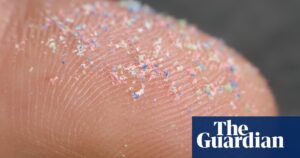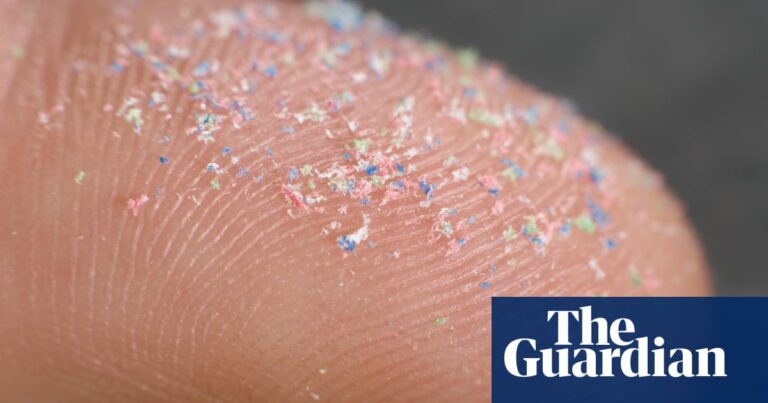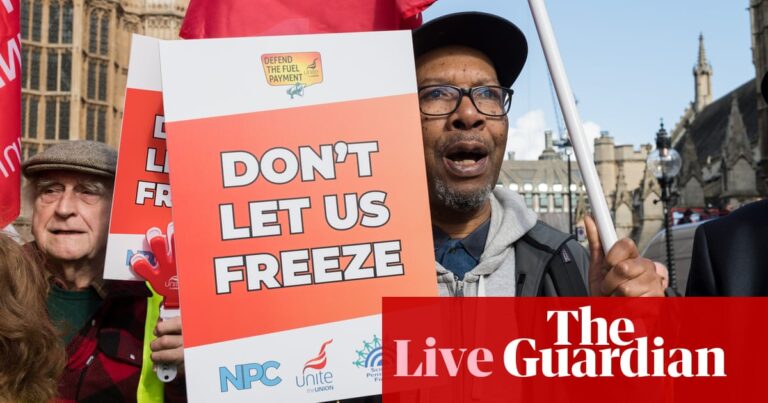
A high-ranking UN representative has stated that laws against homosexuality prevent individuals from receiving crucial healthcare services and greatly hinder efforts to eradicate HIV.
Over 60 nations have legislation that deems homosexual intercourse illegal, with nearly half located in Africa, the continent most heavily impacted by HIV. In these nations, the prevalence of HIV among gay men is approximately five times greater compared to countries where same-sex relationships are not considered criminal. This data is provided by UNAids.
Winnie Byanyima, the executive director of UNAids, stated that the stigmatisation and criminalisation of LGBTQ+ individuals and other marginalized groups hinders their ability to receive crucial health services and undermines the HIV response.
In the beginning of this year, Uganda approved a law that is considered to be one of the strictest laws against LGBTQ+ individuals around the world. This law states that engaging in gay sexual acts is punishable by a lifetime in prison. Additionally, “aggravated homosexuality,” which includes transmitting HIV, is punishable by death. The law also makes it a crime for anyone to not report same-sex acts to the police.
The legislation has resulted in an increase of human rights infringements and a decrease in access to HIV prevention and treatment resources for LGBTQ+ individuals.
According to Lois Chingandu, the director of external relations at Frontline AIDS, countries must increase their efforts in funding HIV prevention methods and take a stronger stance against anti-rights beliefs within their borders. She also noted that well-funded and organized groups are spreading anti-gender and anti-LGBTQ+ ideologies.
In anticipation of World AIDS Day on December 1, the United Nations reported that one life is claimed by the disease every minute. In the previous year, 1.3 million individuals were diagnosed with HIV, and approximately 9.2 million individuals living with the illness did not have the means to receive treatment. Particularly vulnerable groups such as gay men, transgender individuals, sex workers, and drug users are disproportionately impacted.
In sub-Saharan Africa, adolescent girls and young women face a significant risk of contracting HIV. Every week, approximately 3,100 girls and women between the ages of 15 and 24 become infected with HIV, making up 77% of all new cases among young people worldwide.
According to Byanyima, girls and young women face increased vulnerability due to their higher likelihood of experiencing gender-based violence. Additionally, they are also at risk due to a negative response towards sex education in schools.
The report stated that out of 120 countries with a national plan for condom programming, only 39 supported the promotion of condoms in secondary schools and only 21 permitted their distribution.
Byanyima stated that when individuals are not provided with sexual education, they become more susceptible to contracting HIV. She also expressed concern that the current trend of restricting rights not only jeopardizes democracy and personal liberties, but also endangers the well-being of the entire population.
At the report’s release on Wednesday, Byanyima noted that there have been advancements in the battle against HIV and Aids. While a cure or vaccine for the virus is not yet available, 30 million individuals globally are receiving treatment, which can prevent it from developing into Aids. Since its highest point in 1995, new infections have decreased by 60%, and deaths have declined by 70% since 2004.
In the previous year, five nations (Botswana, Eswatini, Rwanda, Tanzania, and Zimbabwe) successfully met the 2025 global objectives of having 95% of individuals with HIV aware of their status, 95% receiving antiretroviral therapy, and 95% of those on treatment achieving viral suppression.
The Population Council announced on Thursday that a vaginal ring designed to lower the risk of HIV infection in women has been approved for use in 11 African countries.
The ring is composed of pliable silicone and gradually dispenses the antiretroviral medication dapivirine inside the vagina for a period of one month.
“The HIV/AIDS epidemic disproportionately affects women,” stated Jim Sailer, interim co-president of the council. “This virus poses one of the greatest dangers to the health and well-being of women… We cannot successfully reach the sustainable development goal of ending HIV by 2030 without addressing this epidemic in women. Women deserve a range of options to protect themselves from this chronic disease.”
Source: theguardian.com















